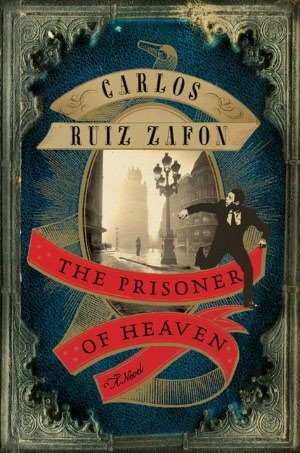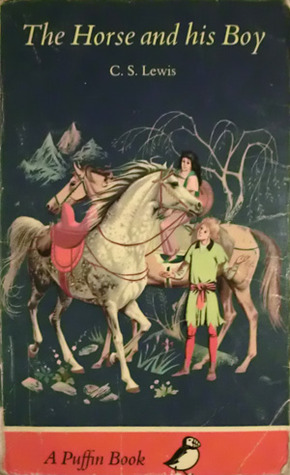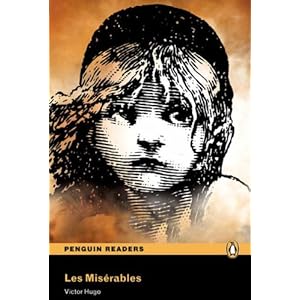While reading many of these books I often find myself comparing a novel to the eventual movie that was made from it. Sometimes the book is way better... sometimes both are worth checking out... sometimes neither. I figure I'll have the occasional blog entry where I decide which is better in my opinion.
The Stand by Stephen King (1978) vs.
The Stand (the 1994 miniseries)
This comparison is easy. It is amazing how faithful the miniseries is to the plot of the novel... yet it nowhere near as enjoyable or scary. In fact I didn't even finish watching the miniseries yet... and I started a few months ago. The difference can be summed up by examining one specific memorable scene... At one point in the novel a prisoner is stuck in a prison cell while everyone else in the prison has died of the disease. In the novel we get all of the stuck prisoner's thoughts about slowly starving to death in his dark prison cell... he even remembers how as a child he accidentally left his pet rabbit to starve in a cage. He contemplates eating the dead prisoner in the cell next to him. The reader is left to imagine how dark and scary the prison has become without power and really feels the desperation of the prisoner. In the movie the prison is well lit... the prisoner doesn't look like he's missed any meals, we don't learn about the rabbits, we haven't heard all the other prisoners slowly dying, in fact he's in his cell for about thirty seconds before someone lets him out.
Decision : Read the book
The Hobbit by J.R.R. Tolkein (1937) vs.
The Hobbit: An Unexpected Journey (2012 film)
This one is a bit of an incomplete comparison since the movie really only covers the first third of the book, but by the time the film series is complete it would probably take less time to read the book than watch the movies. The movie is really good... but not great. The movie adds more back story than is really necessary and literally takes one sentence from the novel about stone giants and turns it into a five minute action sequence.
Decision : Read the book
The Name of the Rose by Umberto Eco (1980) vs.
The Name of the Rose (1986 film)
The novel really focuses on the smallest details about theological debates, library cataloging and differences in types of monk orders. These things don't translate into film very well. Sean Connery is well cast but the film falls far short.
Decision: Read the book
Frankenstein by Mary Shelley (1818) vs.
Frankenstein (1931 film) vs.
Mary Shelley's Frankenstein (1994 film)
I was surprised at how different the 1931 classic film is from the original novel. The characterization of the monster is completely changed between the two. Still, the movie is a classic as is the novel. The 1994 film however is a different story. It is more faithful to the novel but adds unnecessary scenes and is just poorly directed. Plus Kenneth Branagh is way too old to play Frankenstein. The novel is mostly about psychological horror, but this film just tries to hard to add more frights. For example, at the end the monster kills Frankenstein's wife. In the novel, Frankenstein discovers his wife's body with a strangled neck. In the 1994 film, Frankenstein (and the audience) see the monster ripping out her heart and then throwing her body into a flame where she then burns up.
Decision : Read the book AND see the 1931 film - both are very different from each other
The Wind in the Willows by Kenneth Grahame (1908) vs.
The Wind in the Willows (1949 cartoon)
The book and the cartoon are pretty different... The book focuses a lot more on Mole and Rat, while the cartoon is dominated by Mr. Toad. Really the Toad sequences in the book are just comic relief for the more thoughtful parts featuring the other characters.
Decision: Read the book and see the movie.
Rebecca by Daphne du Maurier (1938) vs.
Rebecca (1940 film)
It would be hard to go against anything directed by Alfred Hitchcock. The film is a faithful and entertaining adaptation.
Decision: Either one... both are good.
Anna Karenina by Leo Tolstoy (1877) vs.
Anna Karenina (2012 film)
The book had a good plot... but it is so long and has way too many discussions about farming and the social structure of 19th century Russia. Overall the novel is good, but it isn't for everyone. The newest film adaptation takes all of the good parts and leaves out the parts about agriculture.
Decision: See the movie
Winnie-the-Pooh by A.A. Milne (1926) vs.
The Many Adventures of Winnie the Pooh (1977 film)
The book is good but I couldn't help but think of the cartoon while watching it... especially all of the characters' voices.
Decision: See the movie
The Lion, the Witch and the Wardrobe by C.S. Lewis (1950) vs.
The Chronicles of Narnia: The Lion, the Witch and the Wardrobe (2005 film)
It isn't that the movie is bad... it just isn't the same as reading the book. CGI overload.
Decision; Read the book.
Les Misérables (1852)by Victor Hugo vs. Les Misérables (2012 musical film)
The novel has more detail then any movie could ever hope to hold. That being said, the musical does a good job of streamlining the story and keeping all of the emotion. The books is worth the effort if you have the time and the movie is one of the better musicals to come out for quite some time. Decision: Read the book and see the movie.



